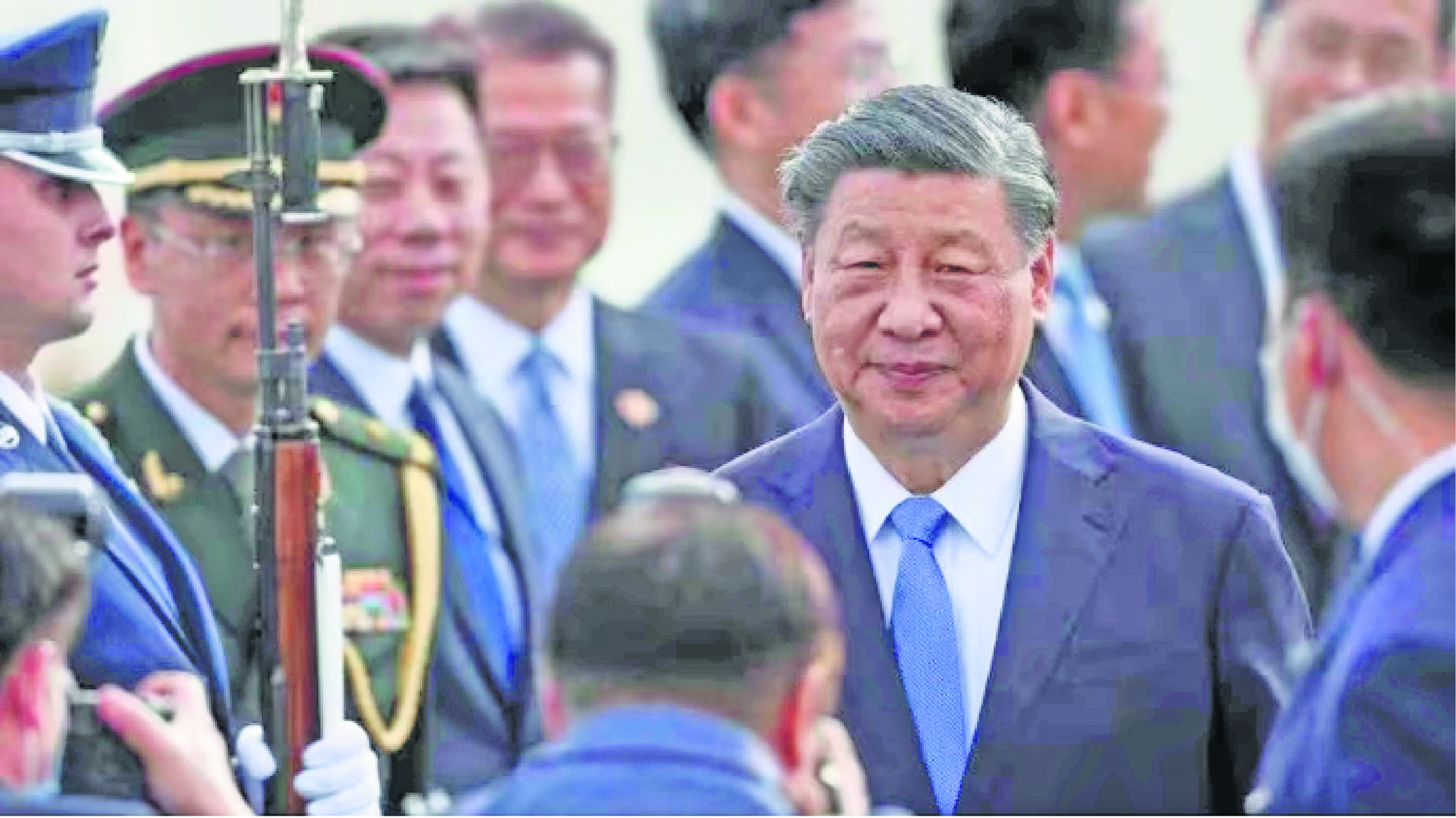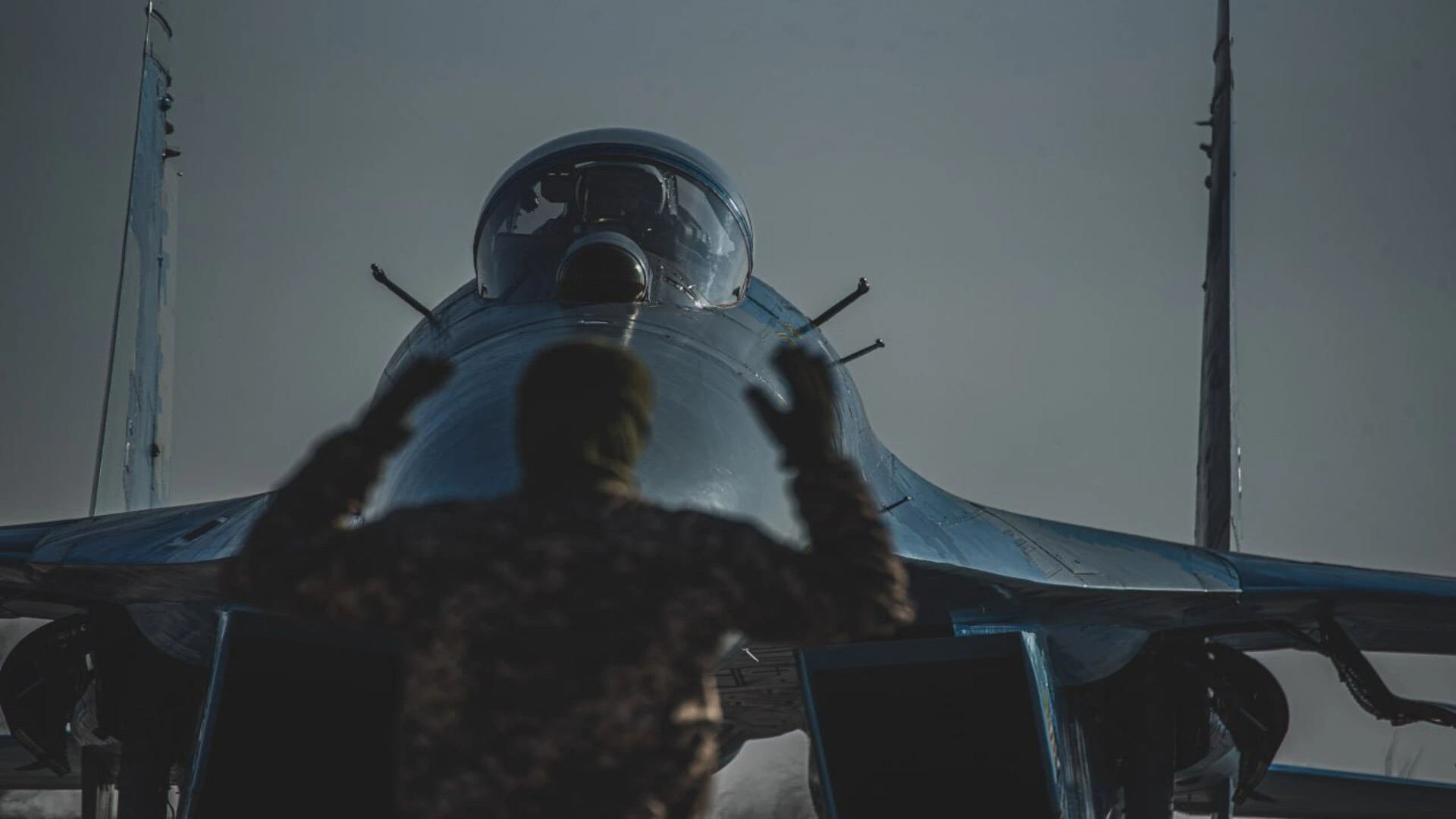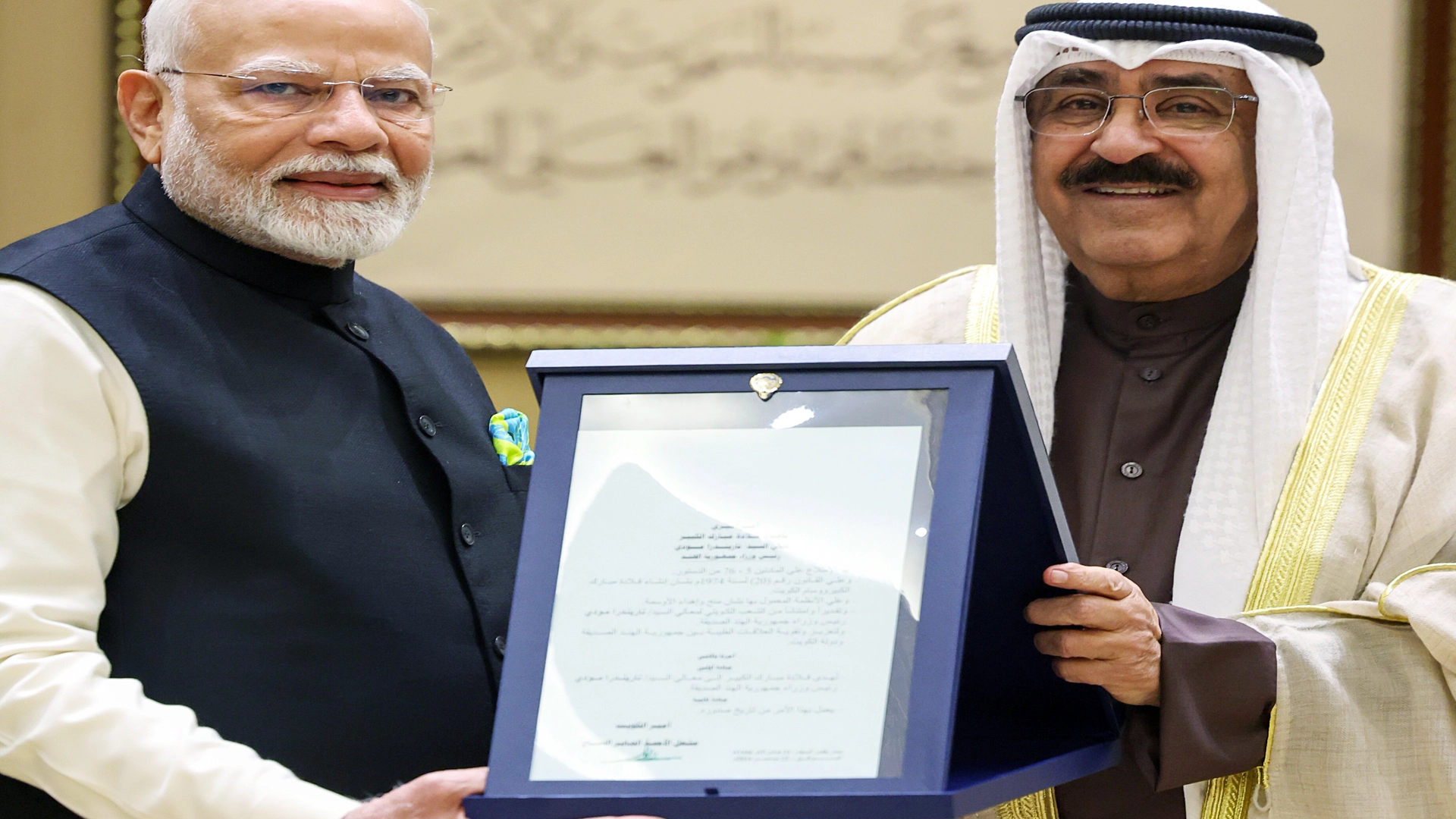Amidst the uncertainty of world politics, President Xi Jinping of China has recently completed his high-voltage bilateral tour to the US. The visit was more focused on considering the emergence of new political events unfolding in the Middle East and various parts of the world. For a long time, the US and China have been sharply divided in various issues on world politics.. Xi is on his first visit to the US since 2017 met Biden in the San Francisco Bay Area and then attended the annual summit of the Asia Pacific Economic Cooperation (APEC) forum. Speaking ahead of his departure, Biden said his goal was simply to improve the bilateral relationship and stated that “We’re not trying to decouple from China. What we’re trying to do is change the relationship for the better,”. In a landmark agreement, Presidents Joe Biden and Xi Jinping pledged a ban on the use of artificial intelligence in autonomous weaponry, such as drones, and in the control and deployment of nuclear warheads. Both Washington and Beijing have expressed concerns over the unregulated use of this technology to fuel conflicts.
In February, for instance, the United States introduced its Political Declaration on the Responsible Military Use of Artificial Intelligence and Autonomy, a new legal and diplomatic framework that seeks a global consensus on the development and deployment of the military.
The decleration was launched in February 2023 at the Responsible AI in the Military Domain Summit (REAIM 2023) in the Hague, It advances international norms on the responsible military use of AI and autonomy, provides a basis for building common understanding, and creates a community for all states to exchange best practices to ensure responsible behavior and guide states’ development, deployment, and use of military AI.
So far, 36 countries have backed the initiative, pledging to come together next year to explore ways to implement and improve new regulations on the matter. In October, the Biden administration also announced requirements for the approval of advanced AI products. Under the new rules, such initiatives must receive federal government certification, ensuring they cannot be repurposed for creating biological or nuclear weapons.
In this light, questions arise regarding the implications of the use of AI for international security as the geopolitical competition between China and the US is seeking to control the use of AI in military operations. AI could reduce and transform the status quo in military with unpredictable and high destabilizing implications.
There are several dangers associated with AI as a warfare weapon including but not limited to exacerbate existing threats, transforming the nature and characteristic of these threats, and introducing new threats to the security landscape in the fields of digital security, physical security and political security.
All this would amount to additional incentives for strategic competition and distrust which may have serious repercussions for the world at large and affect human security. In simple terms, human security recognises that the most pressing threats come from the emergencies that affect people every day, such as famine, disease, displacement, civil conflict, and environmental degradation that ensure that people live their lives with dignity and are free from fear and want. It encompasses policy, planning, and strategy, and relates to all kinds of issues such as the distribution of wealth and resources, shaping the economy, international relations, global warming, natural disasters, and well-being in general
Amidst these complex scenarios, the role of the United Nations, especially the Security Council , becomes pivotal. Under Article 26 of the UN Charter, the Security Council is tasked with promoting international peace and security , including formulating plans for armament regulation in collaboration with the Military Staff Committee to present to UN Member states .
This evolving landscape necessitates comprehensive discussions and concerted efforts to regulate AI in military applications, considering its profound implications on global security and human well being. The active involvement of international organizations and collective organizations remain paramount to navigate this transformative era in world politics.
Dr. Biswanath Gupta, Associate Professor, OP Jindal Global University.
Abhinav Mehrotra, Assistant Professor, OP Jindal Global University







